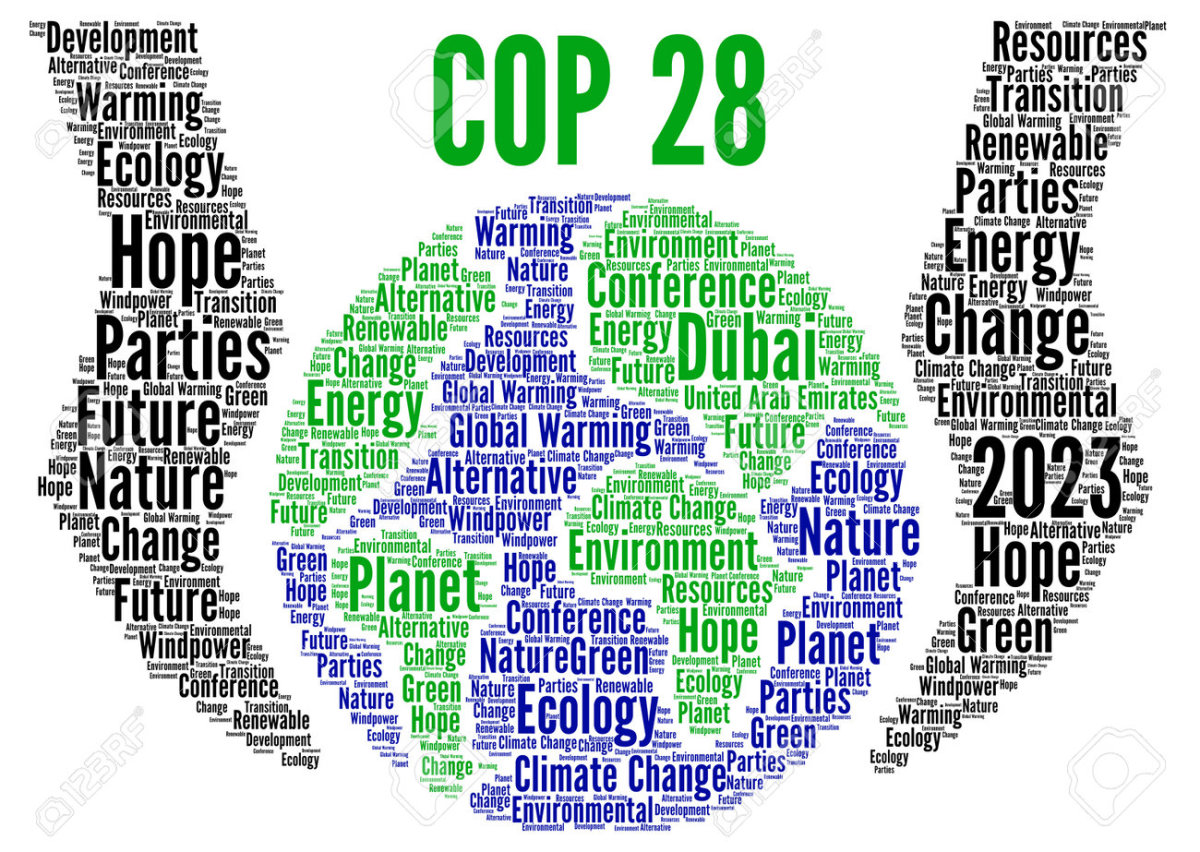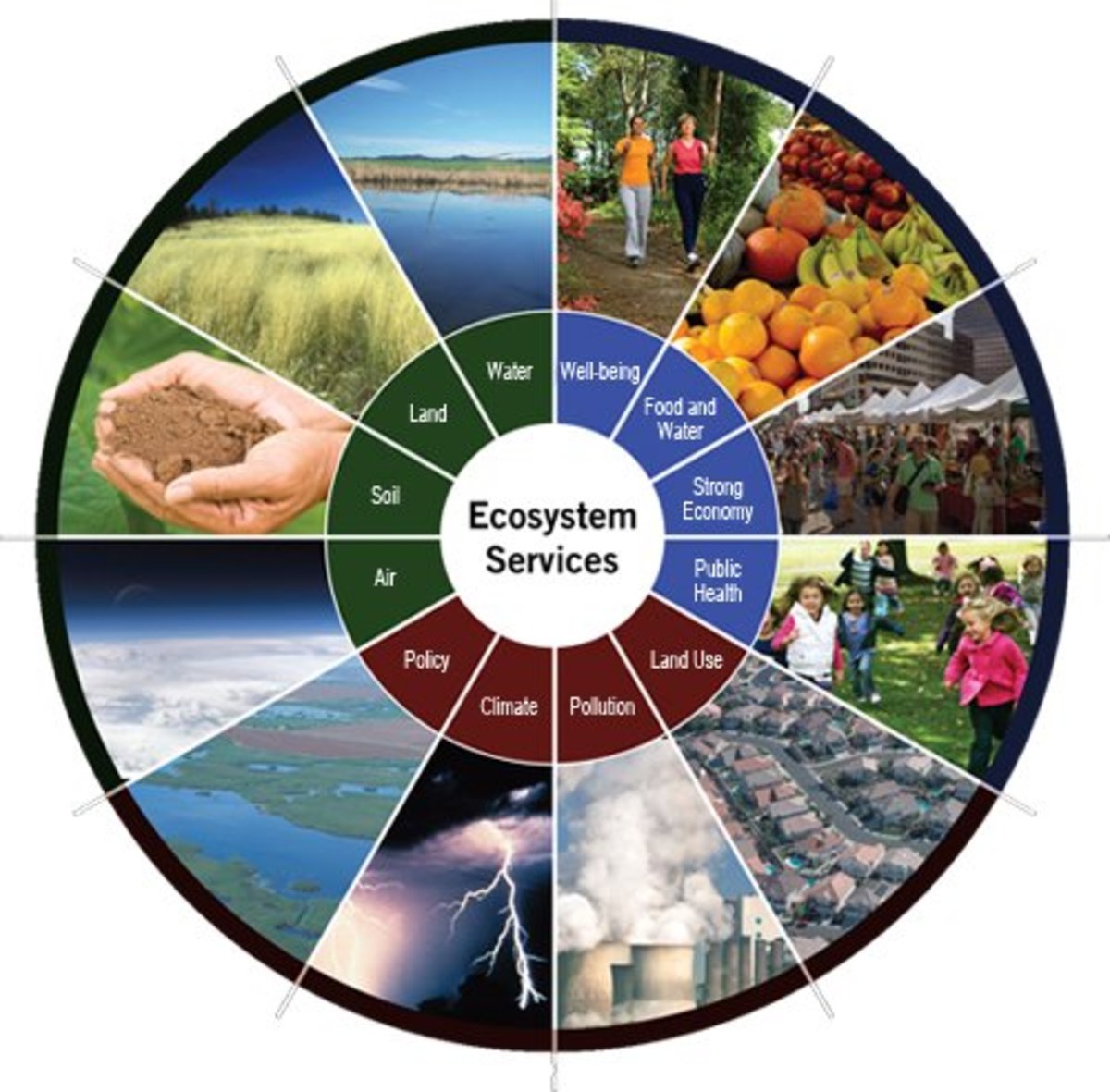Environmental Studies 3

Below is the third reading response for my Environmental Studies class.
In his chapters on administrative rationalism, democratic pragmatism, and economic rationalism John Dryzek emphasizes a higher value for citizenship than individuality, though the reverse is warranted.Dryzek’s purpose for these chapters is to explore different methods of solving the environmental problem. The two basic methods are addressing the problem collectively through government, or individually and voluntarily. Dryzek argues collectivism is the best model, for it is a “flexible process involving many voices, and cooperation across a plurality of perspectives” (100) that also preserves camaraderie. According to Dryzek, collective methods like nationalizing nature into parks creates “repository[ies] of common trust and community pride,” and “emblem[s] of what it means to be a Canadian, an American, a Costa Rican, or a Japanese.” These “are experiences that Walt Disney could never provide” (139). Unfortunately, Dryzek’s argument implies significant violence.
Regardless of whether or not nationalizing nature better preservers it than privatization, nationalization relies on the government stealing from individuals. Either the government would steal land to nationalize, or it would steal money to sustain the nationalized land. Additionally, Dryzek favors collective problem solving, i.e. democracy, because “nobody wants a hazardous waste treatment facility in their backyard” (105); therefore, when that possibility arises, the community can veto or regulate it. This is violence. It is individuals who do not own the property deciding how the owner may use it. That is thievery and oppression. The peaceful way to black a hazardous waste facility’s construction is purchasing all the possible sites of such a facility. Subsequently, one owns the land and has the right to decide how it may be used. Another peaceful method is simply moving.
Obviously, many will argue that most individuals lack the resources for purchasing land or relocating. However, insufficient resources do not legitimize the violation of others’ natural rights.
You Might Also Like:
- Season is the Reason..
The first rain on summers and its quite pleasant here. The fast blowing airs seems coming from heaven directly, and Im waving with their moves, and dancing in the rain. - Dedicated to boys
I was watching a video clip and it made me laugh like crazy. A couple was shown sitting on bench and boy didnt left any stones unturned to make her girl smile and tell him actually what had happened.








